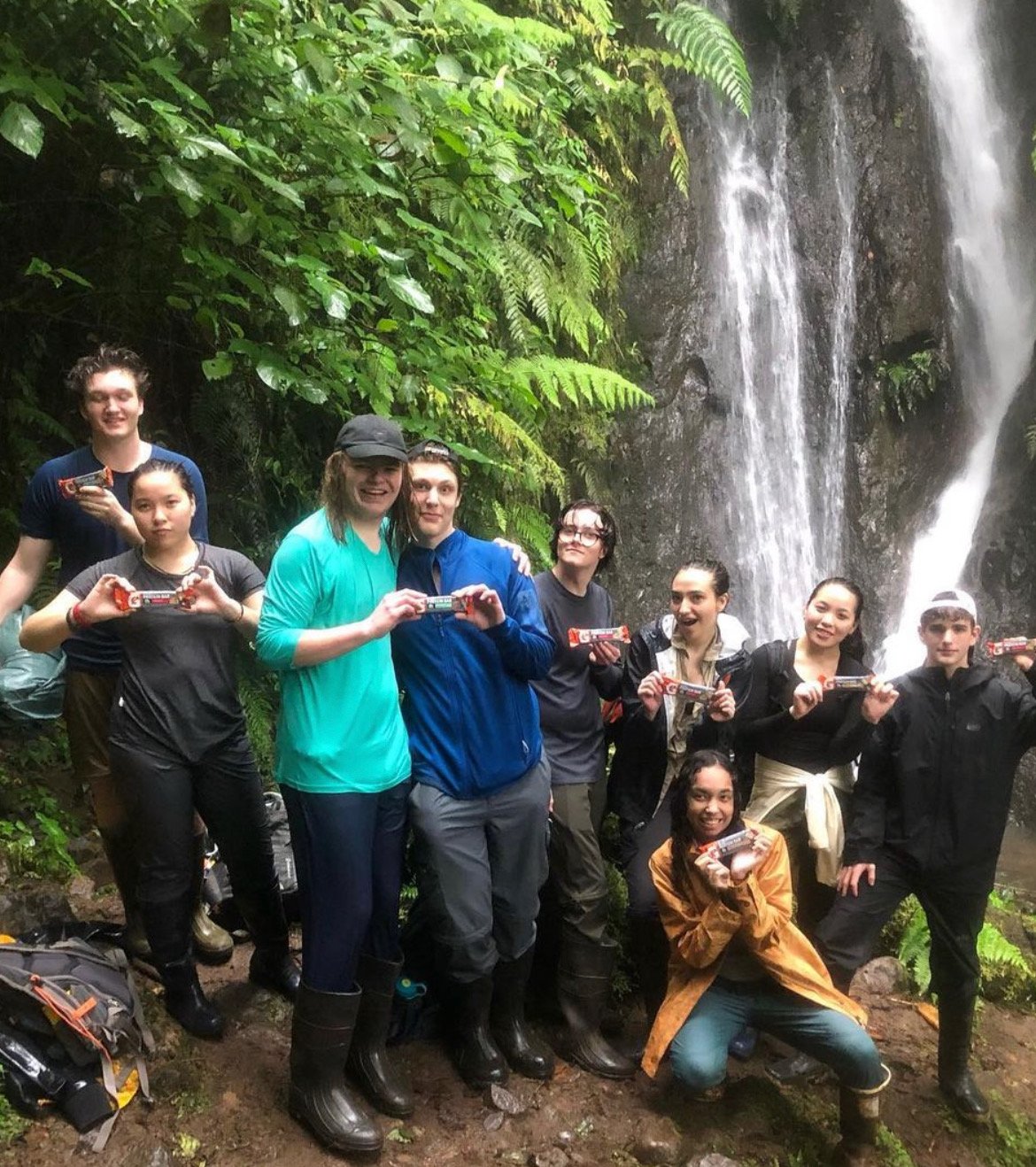Tropical Ecology Seminar
I’ve been dreaming of participating in Forman School's Rainforest Program ever since I learned about it from the leader herself, Wendy Welshans, introduced me to the idea two years ago. Her passion and the allure of this course ignited a spark within me. The opportunity to explore the rainforest, study its biodiversity, and contribute to its preservation has been a long-cherished dream. Now that it's within reach, I can hardly contain my enthusiasm. This journey is not just a course; it's a dream come true, and I can't wait to dive into this incredible learning experience.
An overview of what we will be doing in the year long seminar course I will be taking:
Honors Level Course
3 Trimesters, Credit: 4.5 including The Forman Rainforest Project Winterim Prerequisite: Biology; An Interview is Required to be Chosen for this Course.
Tropical Ecology Seminar focuses on current global environmental issues by studying how they have impacted the tropical rainforest. The curriculum focuses on four major areas: field research skills, critical thinking skills, an in-depth view of tropical biology, and the complex issues of tropical deforestation. Each unit demands a considerable amount of time outside the classroom conducting independent research. Students focus on one of five ongoing research projects in class and in the rainforest of Costa Rica. This course is devoted to the study of the world's rainforests, culminating in two weeks of field study in Costa Rica. The results of this field study will be presented to local community groups. This course is taught with college-level material. An interview process is required to be chosen for this course by a group of students and trip leaders. This course travels to the rainforest of Costa Rica at an additional cost, during the Winterim period.
Picture of last year’s crew, permission by Jorie Welshans (photographed)
An update about September:
In class, we've been studying diversity gradients, meteorological impacts, and weather forecasting for animal movements. We're examining species diversity patterns across latitudinal and altitudinal gradients, understanding how meteorological factors influence plant and animal rhythms, and applying this knowledge to predict animal movements in ecological contexts. It’s important to know all of this information in the rainforest because there will be no service for our weather apps so we need to know;
1. how the weather will look like in the next couple of hours
2. how this will affect animal behavior (whens the best time to capture animals on camera)
We took the information we learned in the class room and applied it out into the field. For a whole week we were forbid to look at the weather app and had to predict the weather by just using the clouds. This helped us gain insight on how well we knew the material and experience for what we will be doing in Costa Rica.
An update about October:
In our recent classes, we've been actively practicing our field research skills. We've learned a variety of techniques and tools, using the "Training Manual for Field Biologists" as our international reference for data collection. We've also delved into the process of designing research projects and the importance of meticulous record-keeping, including journals, data sheets, field catalogues, and mapping skills.
We now are working with White Memorial, a local park in Litchfield, to practice camera trapping. We are able to get the practice we need, while also helping the park with data gathering. After getting back footage we look through it to then catalogue any animals we find. It can be from simple birds to big bears. It’s exciting every time we go through it, almost like Christmas Day!
